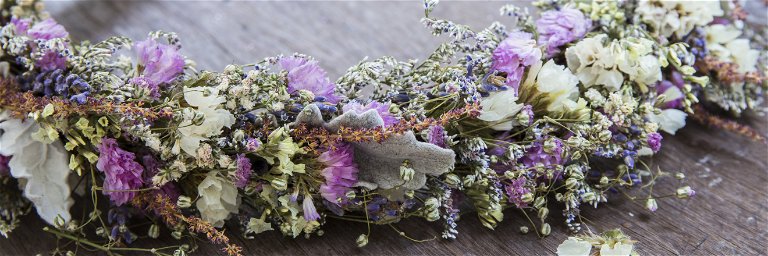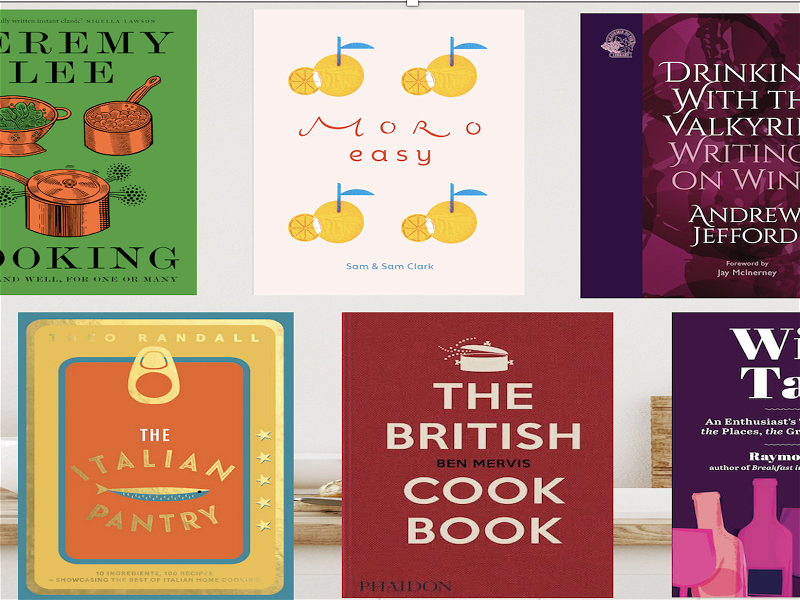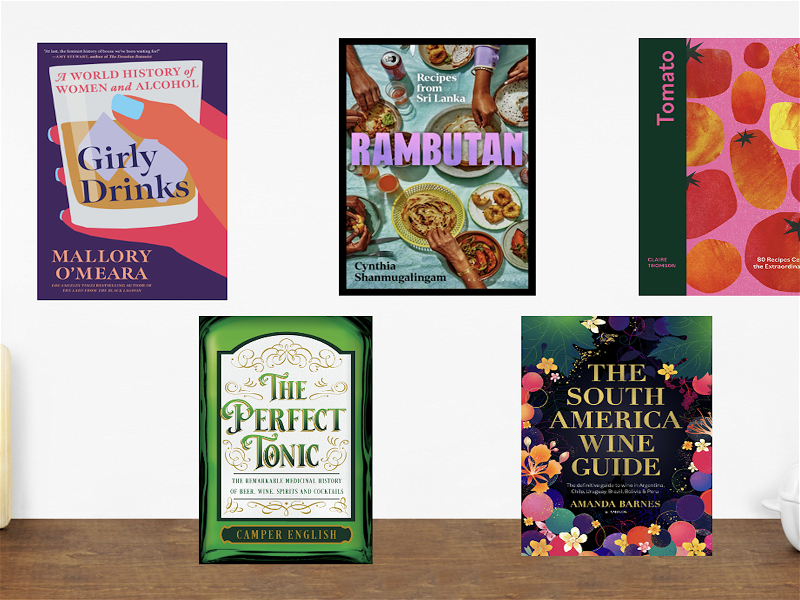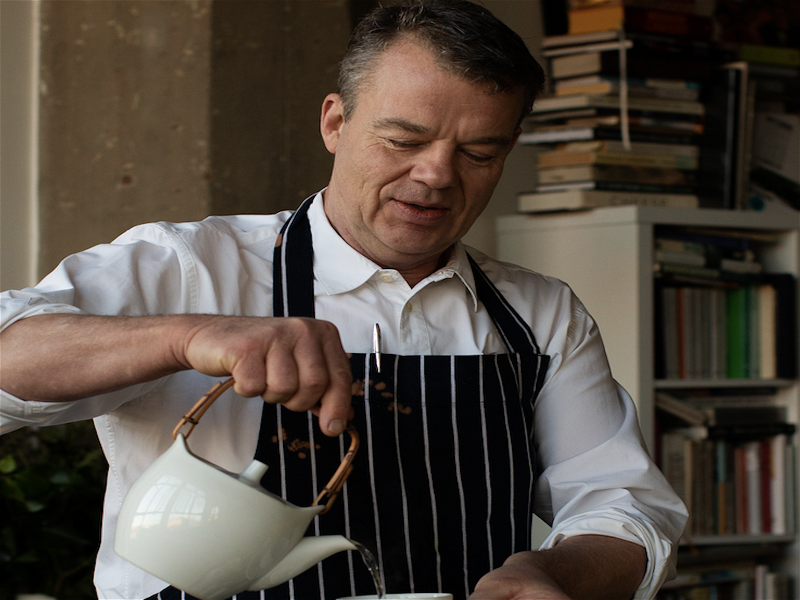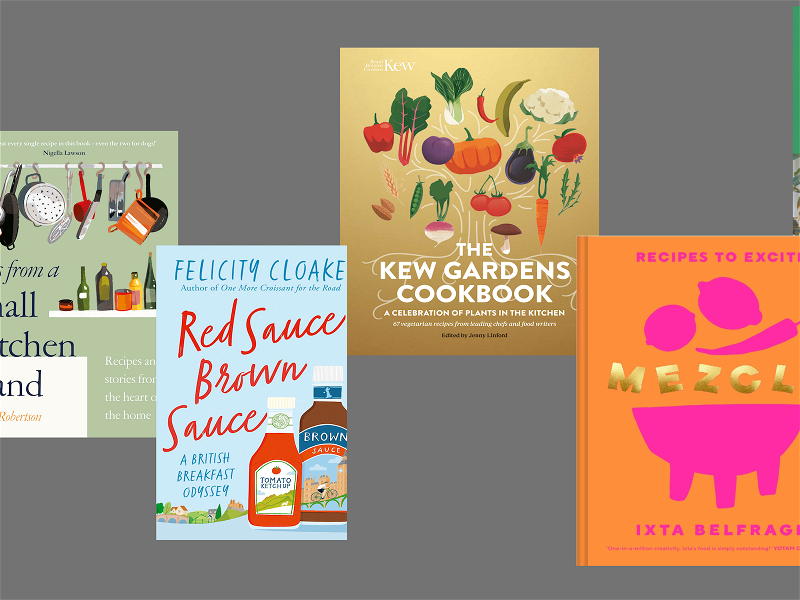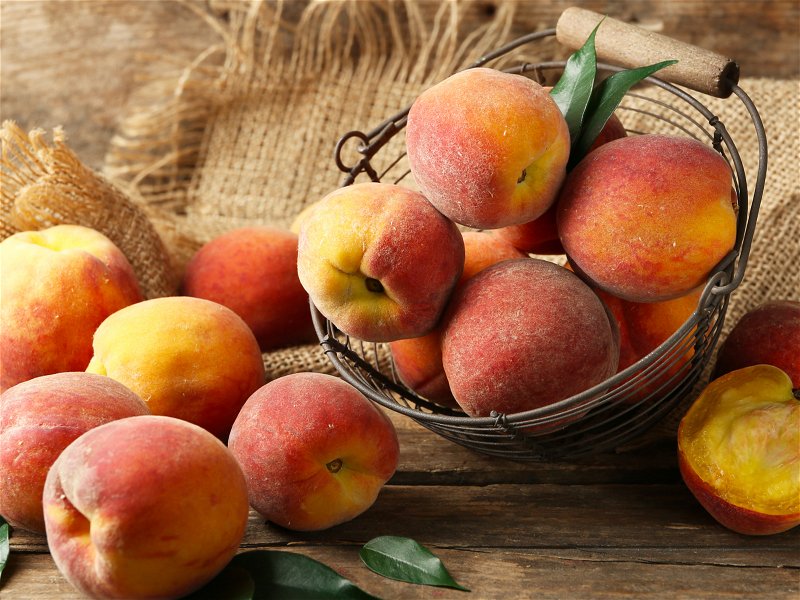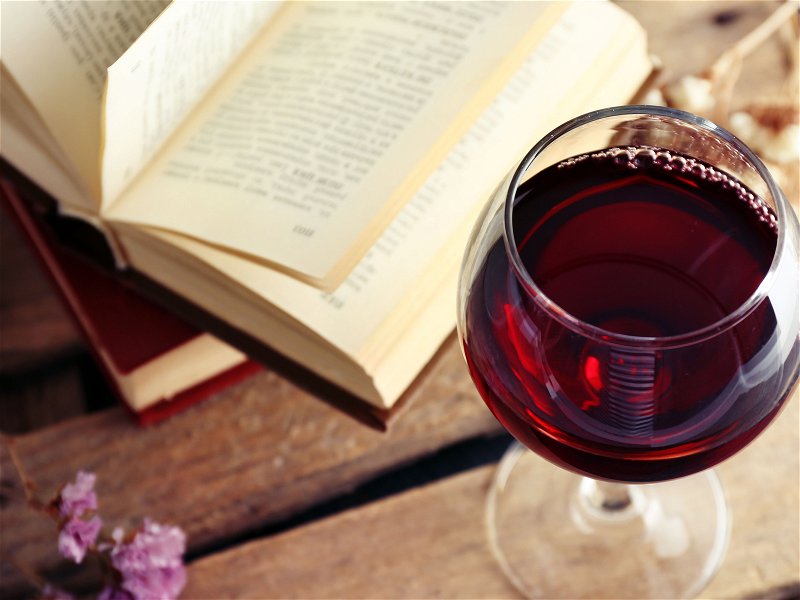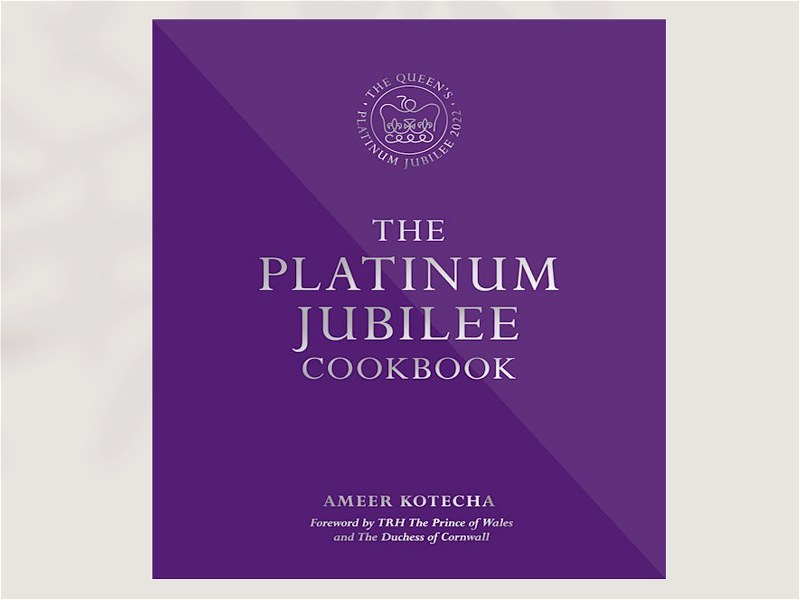Best Wine Poems: L’Âme du Vin
We decode one of our favourite vinophile poems by 19th century French poet Charles Baudelaire in this series marking World Poetry Day.
L’Âme du Vin (The Soul of Wine) By Charles Baudelaire
Un soir, l'âme du vin chantait dans les bouteilles:
“Homme, vers toi je pousse, ô cher déshérité,
Sous ma prison de verre et mes cires vermeilles,
Un chant plein de lumière et de fraternité!
The romantic treatment of wine takes on a more modern, down to earth angle in the hands of 19th century French poet Charles Baudelaire. This time the wine is no mere metaphor but the protagonist, addressing the drinker directly to express grateful joy at being released “from my prison of glass with its scarlet wax seals.” There’s a sense of kindred spirits here, for if the wine has been imprisoned, its description of the man as “disinherited” suggests a similarly dissolute character.
Je sais combien il faut, sur la colline en flamme,
De peine, de sueur et de soleil cuisant
Pour engendrer ma vie et pour me donner l'âme;
Mais je ne serai point ingrat ni malfaisant…
The wine is not only appreciative of this newfound freedom, but also the immense “cost in pain, in sweat” put into its creation.
Car j'éprouve une joie immense quand je tombe
Dans le gosier d'un homme usé par ses travaux,
Et sa chaude poitrine est une douce tombe
Où je me plais bien mieux que dans mes froids caveaux.
Once again, there is a sense of kinship as the wine expresses its “boundless joy when I flow down the throat of a man worn out by his labour.” Any thirsty vineyard worker reading this poem would doubtless assure the wine that this joy is mutual. Even better for hedonists, this is a wine that wants to be enjoyed not matured indefinitely, preferring the “pleasant tomb” inside the warm body of a drinker to its “cold cellar”.
J'allumerai les yeux de ta femme ravie;
À ton fils je rendrai sa force et ses couleurs…
As the poem nears its end, the emphasis shifts ever more towards the blessings wine promises to bestow on mankind in gratitude for his hard work and enthusiastic consumption. From his “enraptured wife” to the renewed “strength and colour” in his son, the man who creates and then liberates wine is promised miraculous benefits for his whole family.
En toi je tomberai, végétale ambroisie,
Grain précieux jeté par l'éternel Semeur,
Pour que de notre amour naisse la poésie
Qui jaillira vers Dieu comme une rare fleur!”
By the final stanza, wine seems to have shaken off the earthy mortal association of the poem’s early lines and transcended via these miracles into a “vegetal ambrosia” given by “the eternal Sower”. Far more than just a thirst quencher, the “love” between man and wine will give birth to “poetry” that will reach right up to God. Presumably this poem stands as incontrovertible proof of that lofty claim.
